National hockey mentor calls time on international career
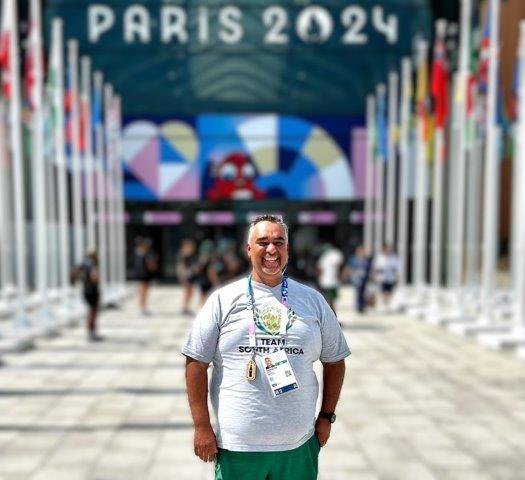
Madibaz Sport hockey manager Cheslyn Gie, pictured here at the Paris Olympics, is vacating his position as head coach of the South African men’s team after three years in the saddle.
After calling time on his international career last week, top Gqeberha hockey coach Cheslyn Gie can reflect on three successful years at the helm of the national men’s team.
Gie, who is also the hockey manager at Mandela University, started his association with the Proteas as assistant video analyst against Germany in 2009.
He served as assistant coach from 2017 and was named interim head coach in 2022, after which the position was made official in January this year.
However, the Madibaz mentor acknowledged that every coaching position came with a shelf life due to the intense scrutiny and pressure to deliver results.
South Africa’s victory in the inaugural Nations Cup in Potchefstroom in 2022 and qualifying for the FIH Pro League – a global competition serving as a qualifier for the World Cup – is one of his favourite memories.
The South Africans started that tournament as the sixth-ranked team out of eight but wins over France, Pakistan, Korea and then Ireland in the final showed that they were an outfit on the up.
These accomplishments highlighted his contributions while also reflecting the collective effort of the team, Gie said. However, he added that the sport was sadly limited in its resources to upskill and provide proper compensation for the coaching team.
Gie hailed the 2023 Hockey World Cup in India as an “incredible opportunity” for his personal growth.
“The pressure, the crowds and the competition undoubtedly pushed me and the team to new limits.”
But the Olympic Games was the one that stood out.
His charges won the 2023 Africa Cup of Nations to qualify for Paris, where they finished in a Games-best ninth after defeating the hosts. That saw them move from 14th to 11th in the world rankings.
These milestones highlighted the potential in this country and were also a testament to the work done by the players and coaching staff, Gie said.
A bronze medal at the second FIH Nations Cup in Poland this year proved valuable preparation for the Olympics, which in itself turned out to be “a unique experience” from a mentorship perspective.
“I am happy I could play a small part in helping the team move in an upward trajectory,” Gie, who believes in empowering his players to make their own decisions, said.
“We wanted to create an environment where they felt comfortable expressing their ideas, even if these didn’t always lead to the desired outcome.”
He also advocated an attacking style to allow the South Africans to showcase their skills on the world stage. This approach, he believed, would benefit the players while contributing to the sport’s popularity back home.
Gie was thankful for the backing he had received from various quarters during his stint.
“My family provided unwavering support, regardless of the situation, and close friends offered advice and encouragement. It’s important to have a strong support network to help you navigate the testing periods.”
The continued development of the sport at a national level needed the high-performance portfolio to set well-defined objectives and performance standards, he said.
“By having a clear mandate, the team and coach can align their efforts and work towards a common goal.”
For a sport that often flies under the radar, funding is always a headache and the bottom line for Gie. A budget to cover training expenses and full-time staff will be a huge step forward.
Author: Coetzee Gouws, Full Stop Communication









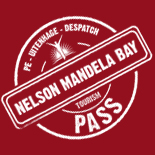
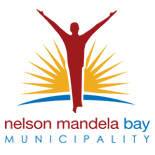
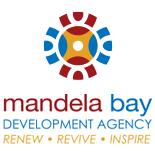
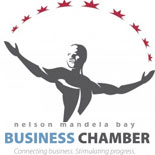

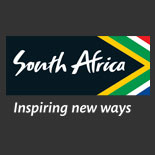

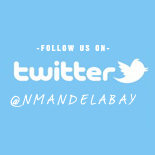




 Please wait!
Please wait!